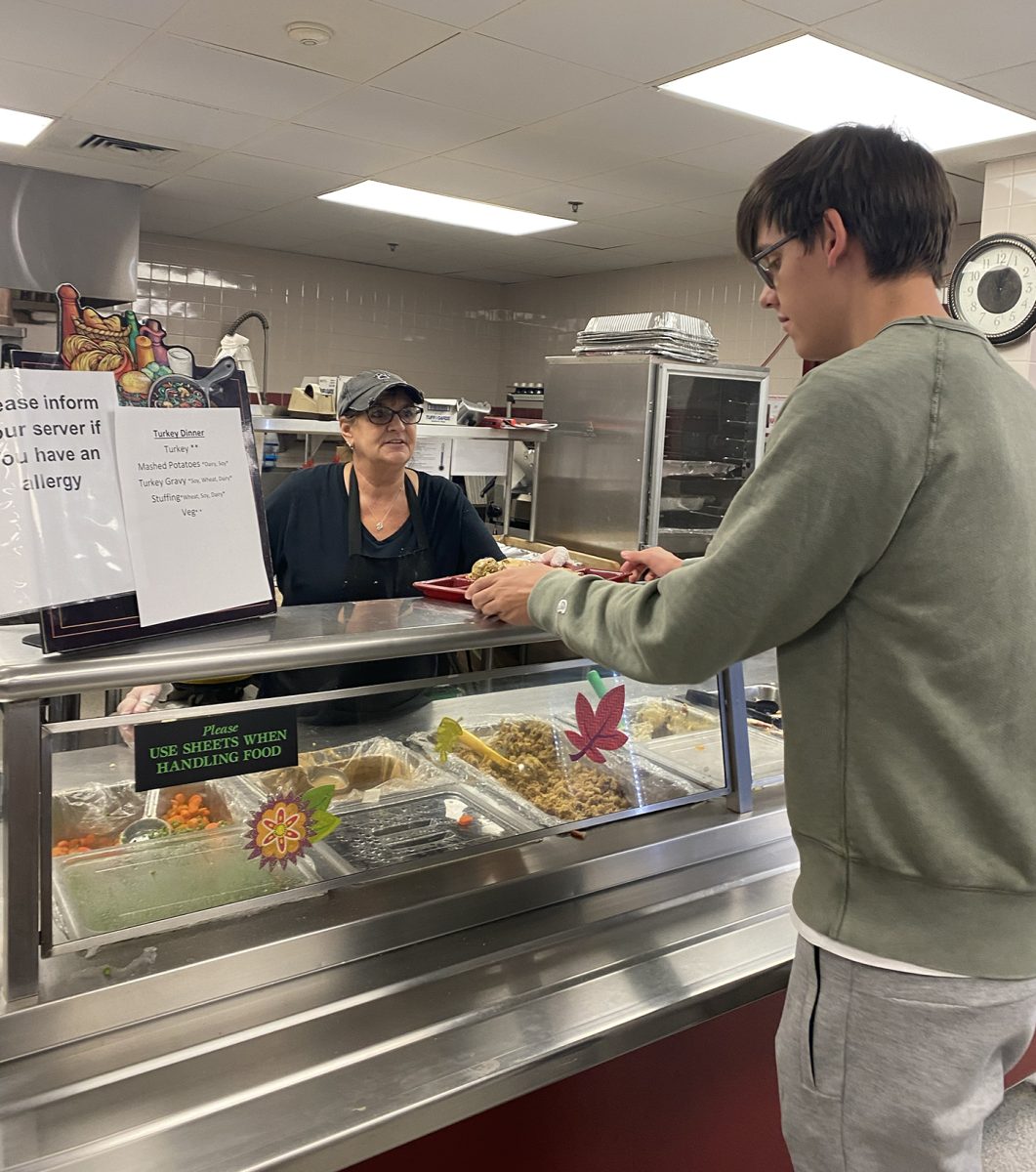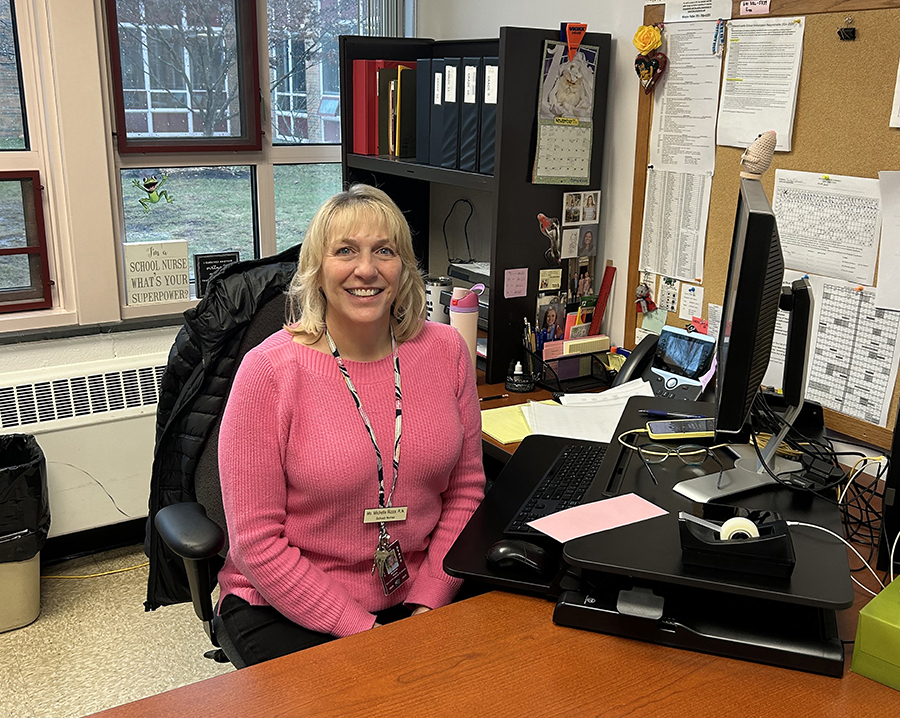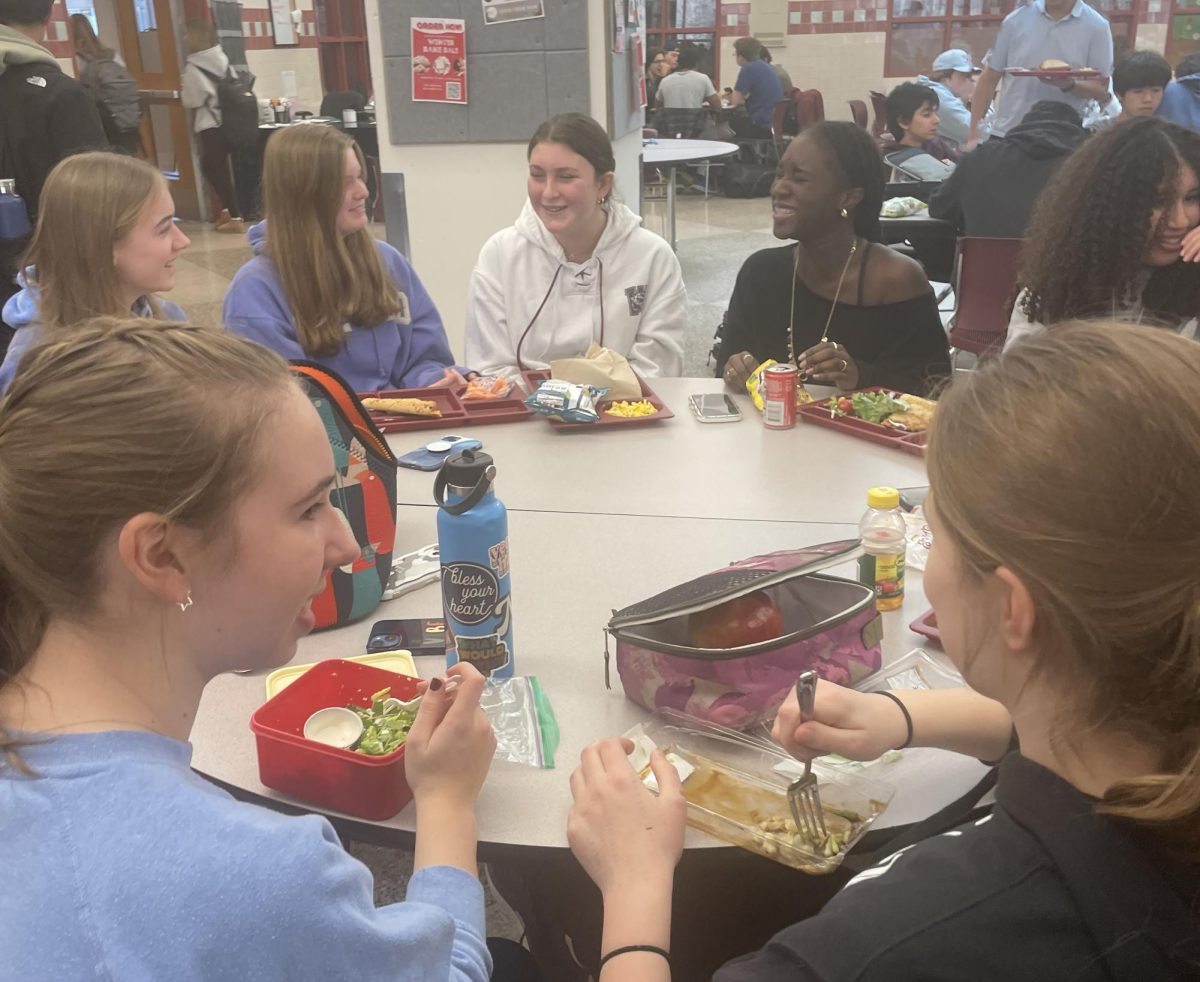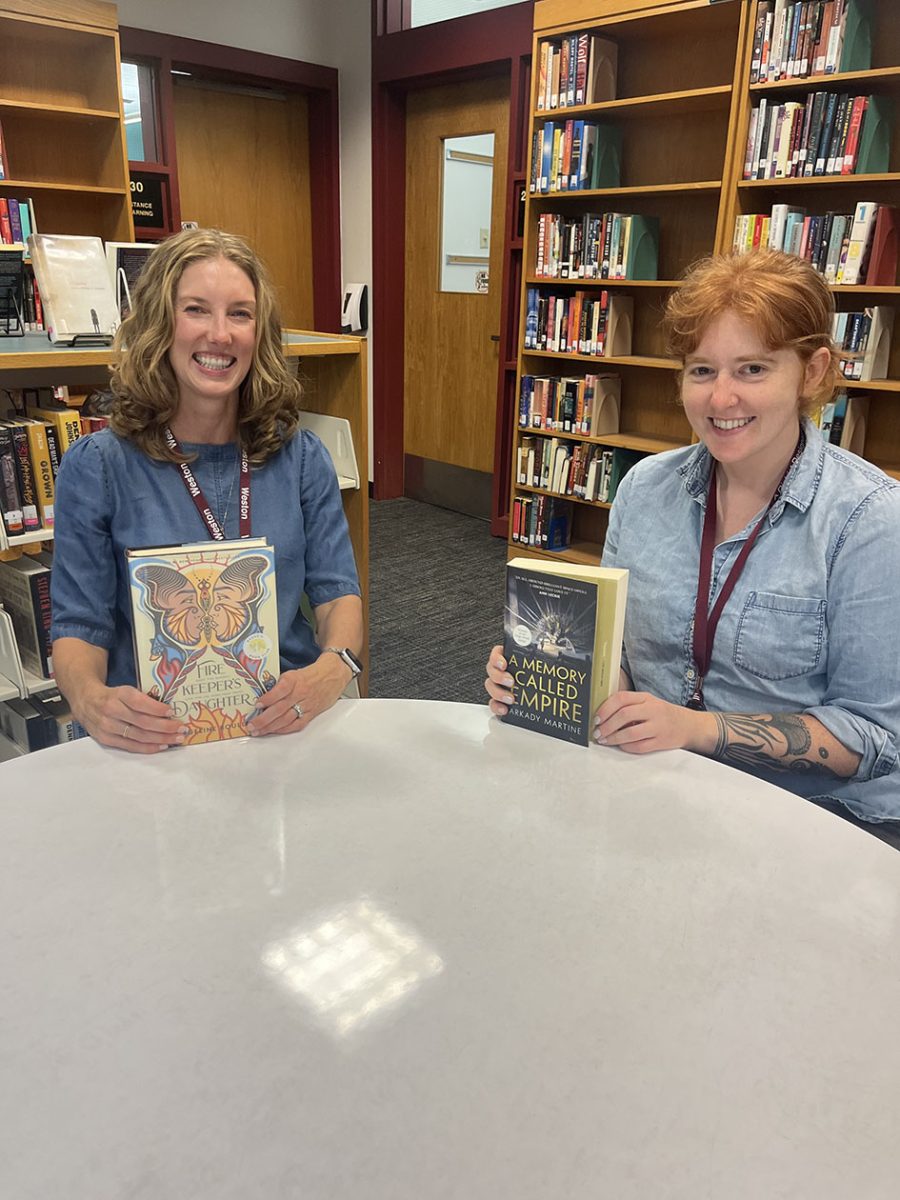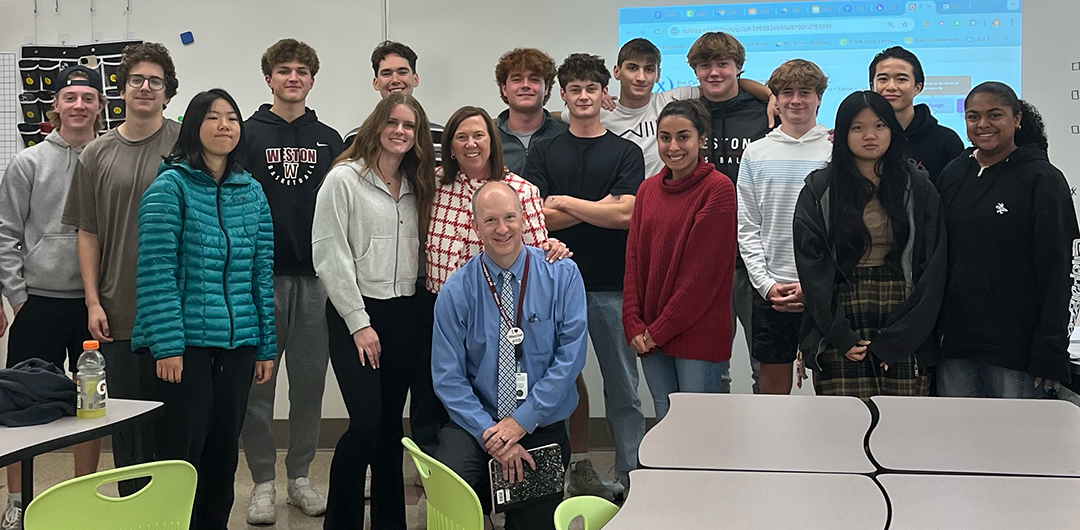With a historical presidential election generating more interest in politics among all age groups, a renewed interest as to whether or not the voting age should be changed has arisen.
For those who believe the voting age should be higher, brain development and the level of education are seen as two important factors.
“If we were looking at it from a developmental perspective, I would say 25 [is the appropriate voting age] because that’s the age the brain finishes maturing,” said senior Saavani Datta.
Others believe that if possible, the voting age should be higher in order for voters to be less influenced by people like parents.
“If I had to change it, I would potentially make it older only because people have more life experience and are out of high school and their parents’ household,” said English teacher Matthew Henry.
Some students think, however, that younger voters can still have well developed thoughts and opinions.
“I think around the age of 16 is when people start really forming their own political opinions and gain a sense of what they want out of their government,” said freshman Arya Bhargava. “I don’t think they’re too immature at that age.”
Besides maturity, a younger voting age would increase the number of people eligible to vote, allowing for a wider range of voices in the election process. This might motivate more students to vote, especially as the total youth voting turnout in 2022 was 23% according to circle.tufts.edu.
“If you lower the voting age, [you’re] trying to create a stronger democracy,” said history teacher Moncrieff Cochran. “I think it strengthens democracy if we have more eligible voters. [Students] will at least feel that they have a say in the system.”
A portion of students believe that the voting age should remain the same as they believe that the consequence of the elected president’s policies mainly affects adults.
“I think the voting age should stay the same because it’s kind of reasonable,” said junior Himani Jamwal. “When you’re under the care of an adult, you don’t have to take on the responsibility or consequence of the president’s decisions.”
Other students argue that teenagers younger than 18 may vote based on completely illogical reasoning.
“As much as people want to express their opinions, some teenagers might make immature decisions or vote as a joke,” said junior Sanya Kozinsky. “This could skew the system, and that could affect the people who are actually interested.”
Rather than focusing on the age at which someone is ready to vote, some believe that improving civics education is more important.
“I think instead of changing the voting age, more thought, money and resources should be pushed towards education that can make sure our voters are educated enough,” said junior Duncan Oberg.
Some seniors of age to vote are not actually excited about engaging with the current political situation.
“I think in general [seniors] kind of dread anything related to politics because it does get so divisive,” said senior Claire Kakabeeke.
While this discomfort with politics may lead some seniors who could vote to be hesitant to do so, others take a different view.
“I think voting is really important, and if you are old enough to vote in this election, you really should,” said Datta.

